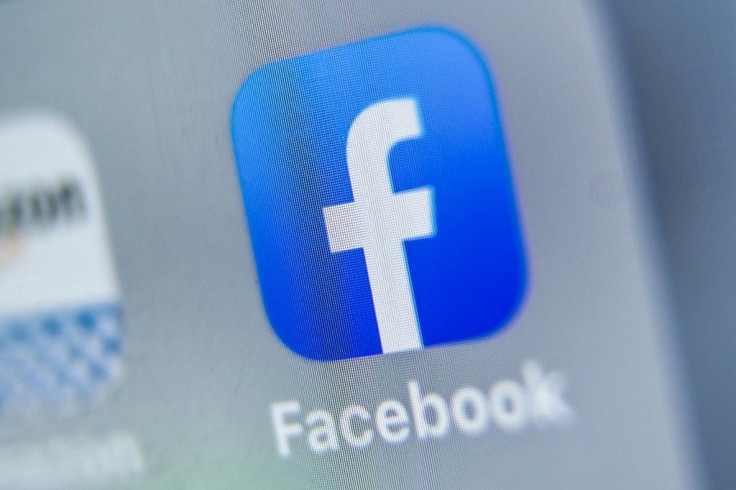Will There Be Fake News In The 2020 Election? Facebook Bans 'Deepfake' Videos On Platform After 2016 Missteps

Facebook announced late Monday that it would ban “deepfake” videos from its platform, as the company seeks to combat disinformation during the 2020 U.S. election season.
"Deepfake" videos are doctored by using machine learning and artificial intelligence techniques, which can be used to discredit and embarrass a person. The videos are often so realistic that the average viewer would not be able to determine that they are authentic or not.
“While these videos are still rare on the internet, they present a significant challenge for our industry and society as their use increases,” Monica Bickert, Facebook’s vice president of global policy management, said in a company blog post.
“Our approach has several components, from investigating AI-generated content and deceptive behaviors like fake accounts, to partnering with academia, government and industry to exposing people behind these efforts,” she continued.
The ban would not include parody clips or videos that are satirical in nature.
In May, a “deepfake” video that circulated on Facebook showed Speaker of the House Nancy Pelosi, D- Calif., in a drunken state, slurring her speech. The video had received at least 3 million views at the time. Another “deepfake” video showed Facebook founder Mark Zuckerberg boasting about world domination.
The proliferation of “deepfakes” on social media could dramatically alter the course of political elections, Paul Barrett, an adjunct professor of law at New York University told CNBC in October.
“If there are a multitude of deepfakes over the course of an election campaign, voters could grow cynical about the ability to tell truth from falsehood. Cynicism could lead to apathy, low voter turnout, and disillusionment with the entire political system,” he said.
In June, Intelligence Committee Chairman Adam Schiff, D-Calif., called for social media companies to do more to combat “deepfakes.”
“Now is the time for social-media companies to put in place policies to protect users from misinformation, not in 2021 after viral deepfakes have polluted the 2020 elections,” Schiff said at a congressional hearing.
Sen. Ben Sasse, R-Neb., introduced a bill in December 2018 that would "prohibit certain fraudulent audiovisual records, and for other purposes."
Fake news and disinformation were a major topic in the 2016 presidential election, with a Senate report stating that Russia conducted an online disinformation campaign to interfere in the election and create “societal division” in the United States.
Facebook and Google faced scrutiny for their lack of oversight during the campaign. Both had announced plans after the election to remove hoaxers from their ad networks.
In May, Facebook said it removed 2.2 billion fake accounts.
The Pentagon in August said it would launch a project to quell "large-scale, automated disinformation attacks." Senate Majority Leader Mitch McConnell, R-Ky., has pushed back against election-security legislation, prompting the moniker "Moscow Mitch."
© Copyright IBTimes 2024. All rights reserved.




















